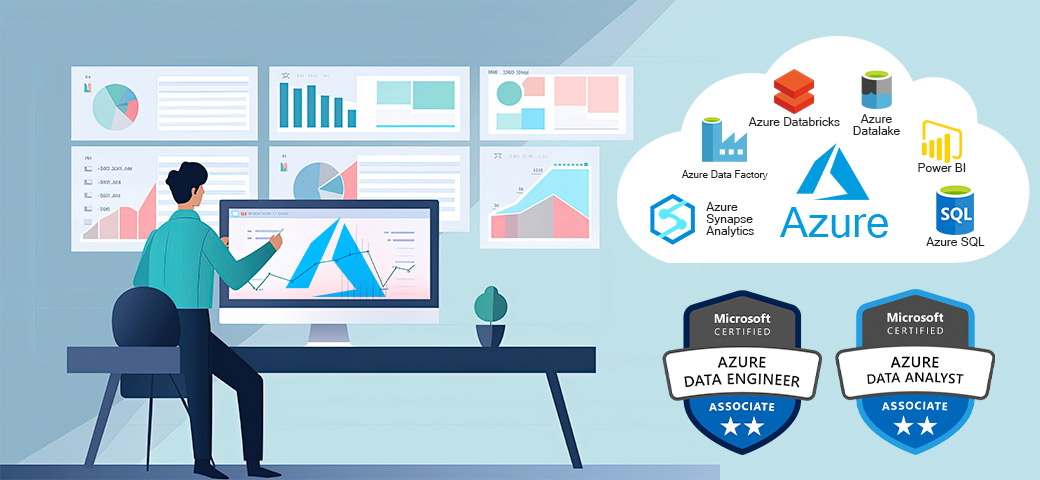Generative AI, AI Agents and Agentic AI &(with Azure Cloud)
Master the latest AI tools and trends to become an in-demand Gen AI & Agentic AI Developer/Engineer.

Through a structured and hands-on learning approach, participants will explore foundational AI concepts, LLM architectures, transformers, prompt engineering, LangChain, RAG pipelines, vector databases, and multi-agent systems.
The course emphasizes practical implementation, enabling learners to build, customize, and deploy real-world AI solutions using cutting-edge frameworks like OpenAI, Hugging Face, LangChain, LLaMA, Groq, Agno, and Chromadb.
Ignite your Generative AI career with HAC. Enroll today and embark on a transformative learning journey!
This course aims to equip learners with a strong foundation and hands-on expertise in Generative AI, Large Language Models, and Agentic AI. Participants will explore the inner workings of LLMs, master prompt engineering, build intelligent AI agents, and implement advanced pipelines like RAG and MCP. The focus is on developing practical, ethical, and scalable AI solutions using modern tools such as LangChain, LLaMA, Groq, Agno, and Chromadb.
Hurry up and join our Microsoft Azure Data Engineer Certification Course today to propel your career to greater heights.